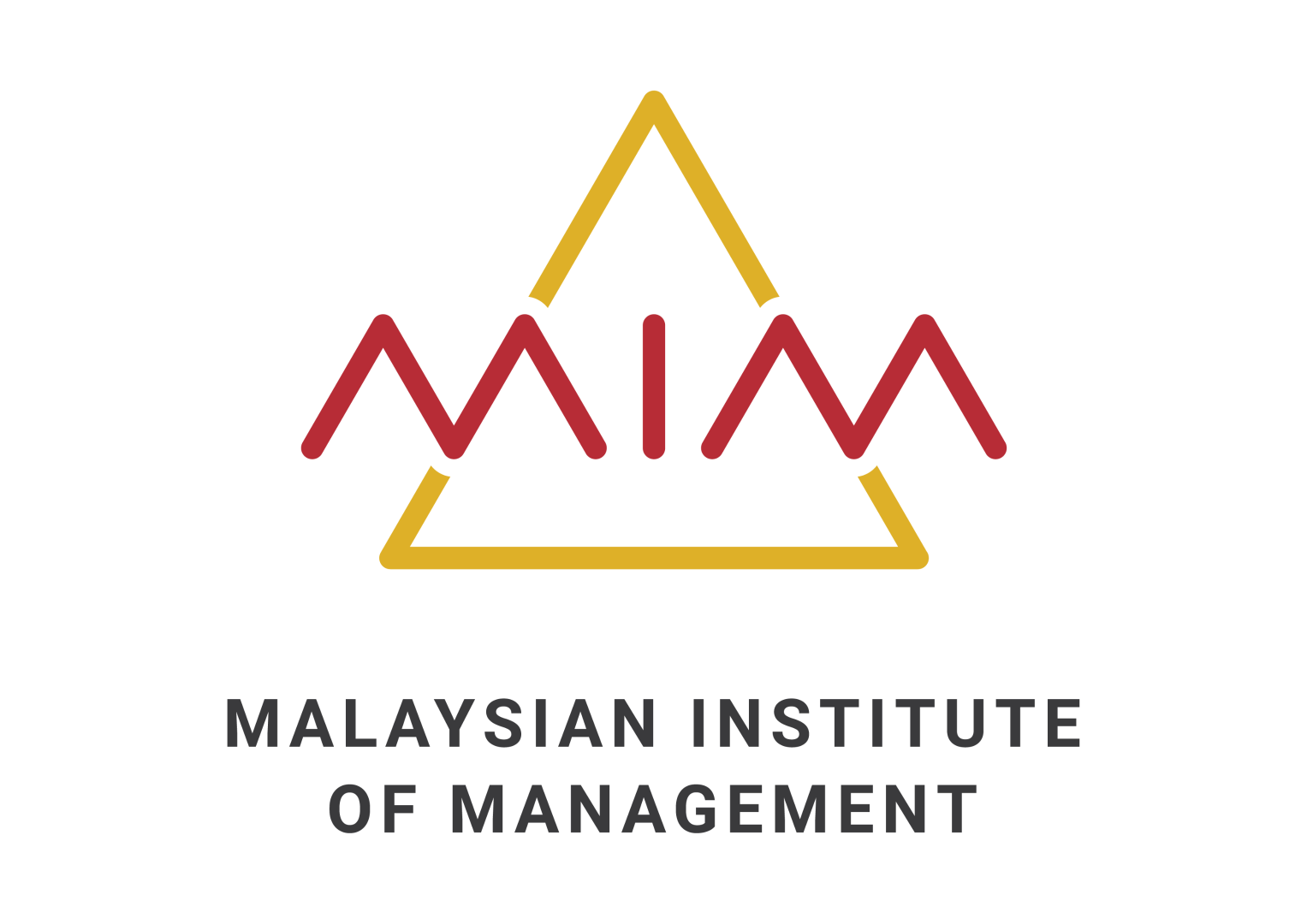Fachkonferenz
Details
Asia is forecast to become the world’s largest economy by 2030 in terms of GDP contribution. In an increasingly volatile and uncertain environment, Asian leaders will need to have a clear understanding of the mega trends in the region and develop the right combination of mindset and skill sets to respond effectively to the complex challenges facing them.
To meet the high demand for effective strategic leadership, the Asian Association of Management Organisations (AAMO) with the Malaysian Institute of Management (MIM) will be organising a conference for business and investment leaders to explore and understand innovations and trends
Programm
Disruption
Industry 4.0 will continue to bring change at an unprecedented speed and scale. While it promises tremendous opportunities, managers, public sector policy planners and corporate heads, need to come to grips with the emerging and soon to be ubiquitous technologies. Management organisations across the region need to collaborate and act to build a robust and well-prepared workforce.
Future proof leadership
The greatest challenge of the future will be the accelerating rate of change. A changing landscape requires new styles of leadership- one that is best suited for creating breakthrough success in today’s high demand environment. The need to innovate continuously and create a pipeline of future visionary leaders is essential.
Diversity and inclusion
A diverse and inclusive work environment is vital for the survival of organisations in the era of rapid technical and societal change. Greater diversity can mean more productivity, greater innovation, better decision-making, higher employee retention and work satisfaction.
Aging talent pool
By 2030 most countries in Asia will have aging populations. Managers must take a more proactive approach to the employment of older workers in Asia. Forward-looking managers can create experiential learning opportunities including mentoring and reverse mentoring encounters within a workspace settng.
21st century skills
Globalisation, automation and artificial intelligence are creating large shifts in the workforce. With new jobs being created faster than ever, there is a need to think about the gaps between formal education and market requirements. Applying emotional intelligence at work is fundamental to success. Therefore, there is a need to re-shape higher education and training to deliver mindsets and skill sets critical for 21st century jobs.



